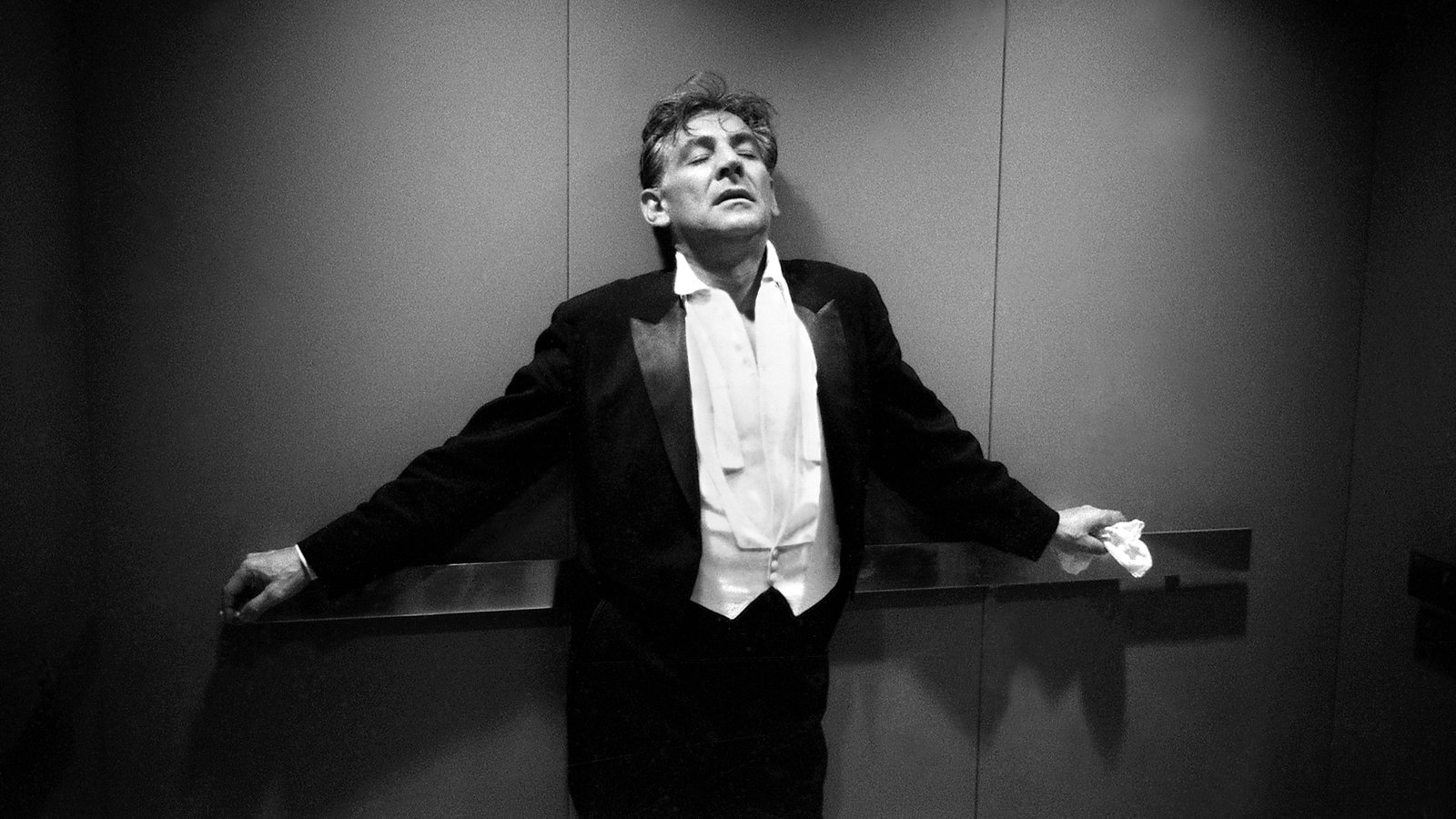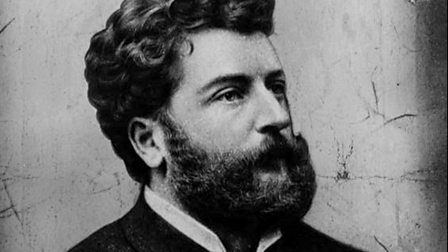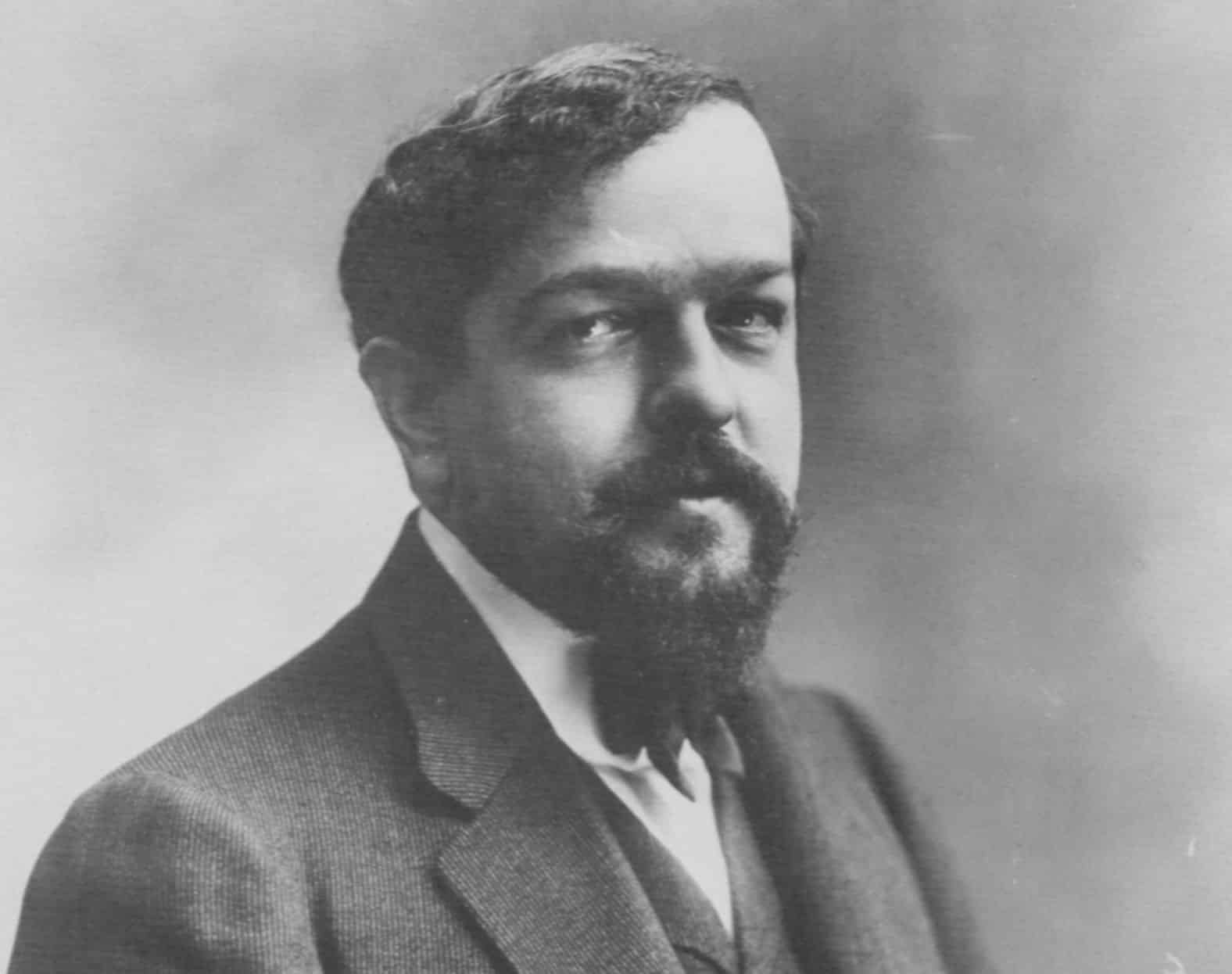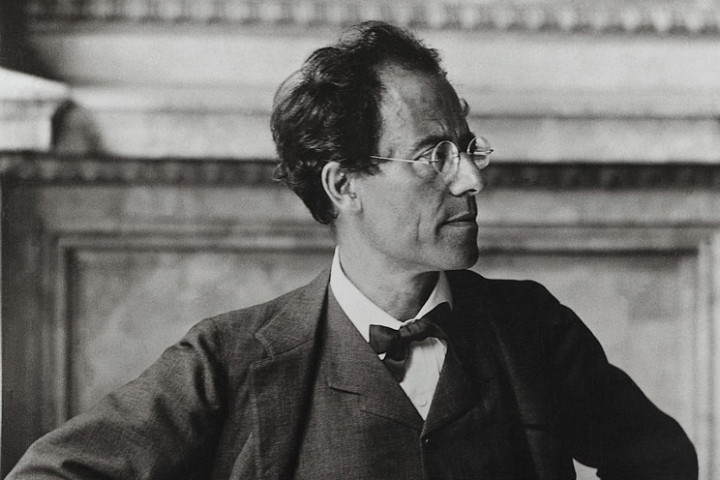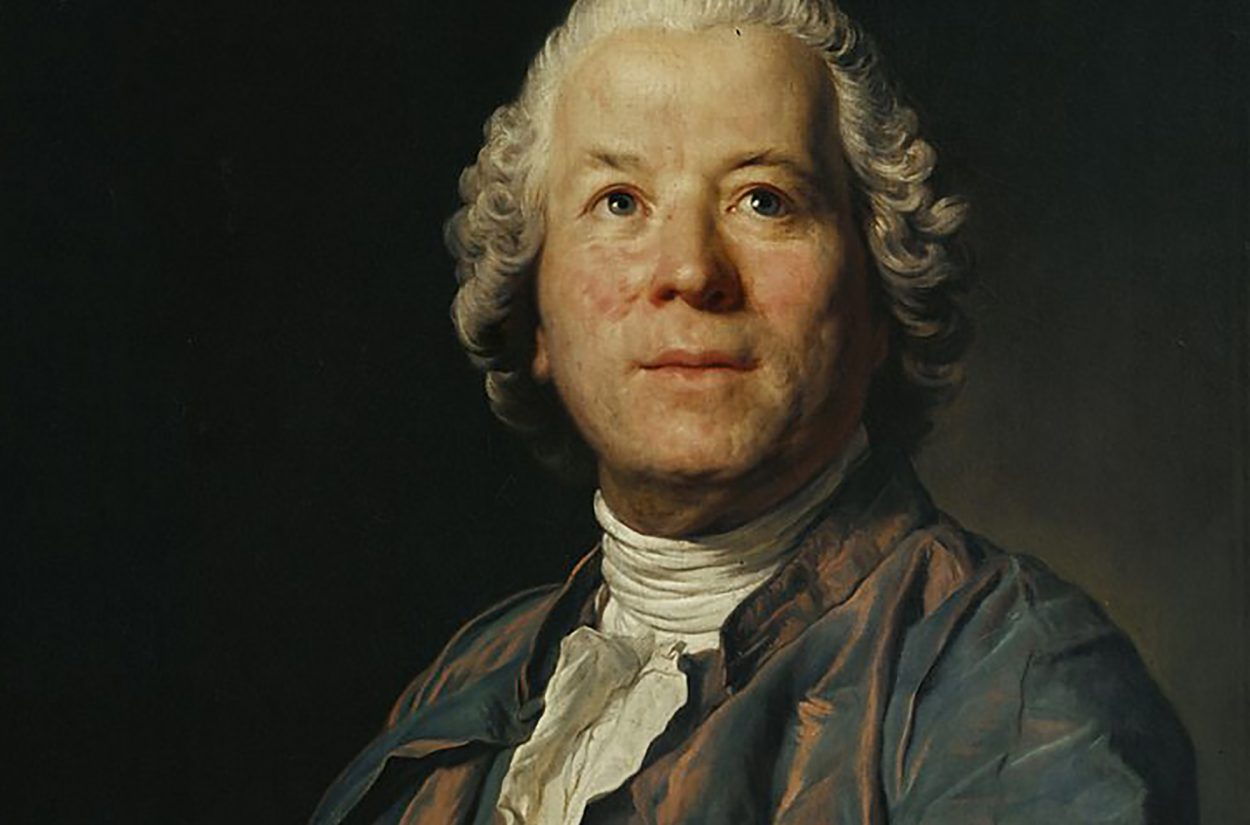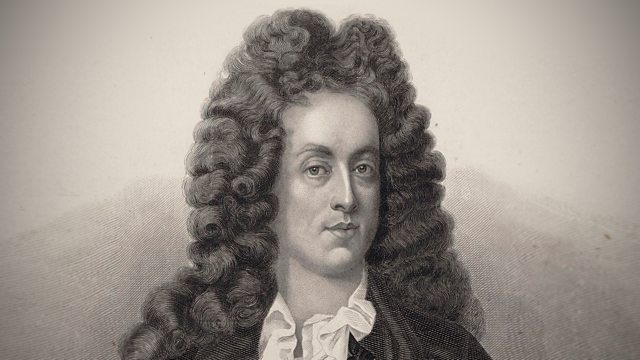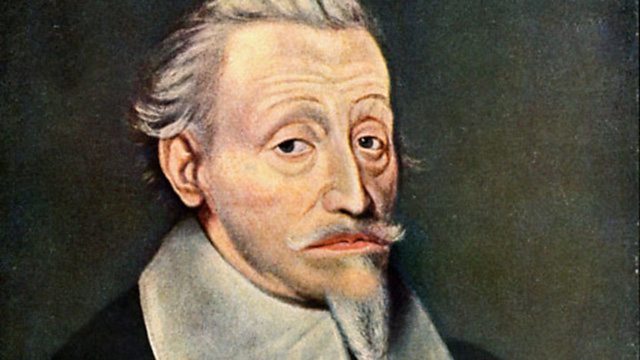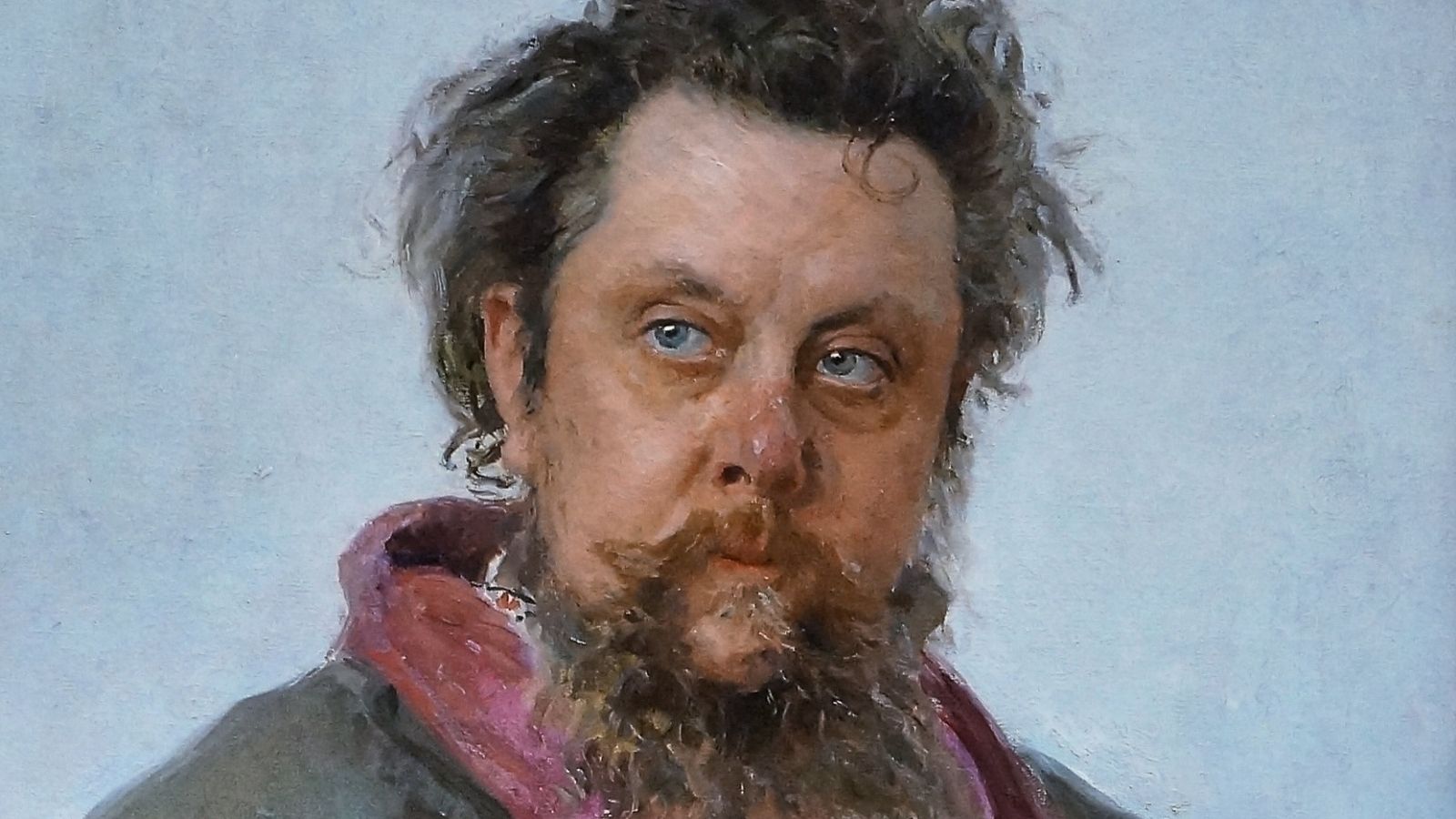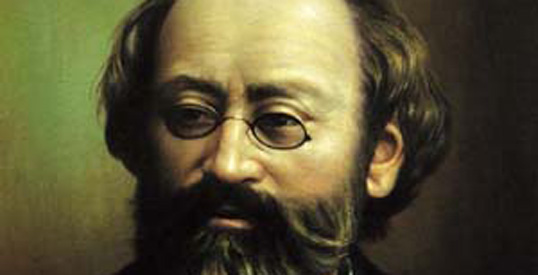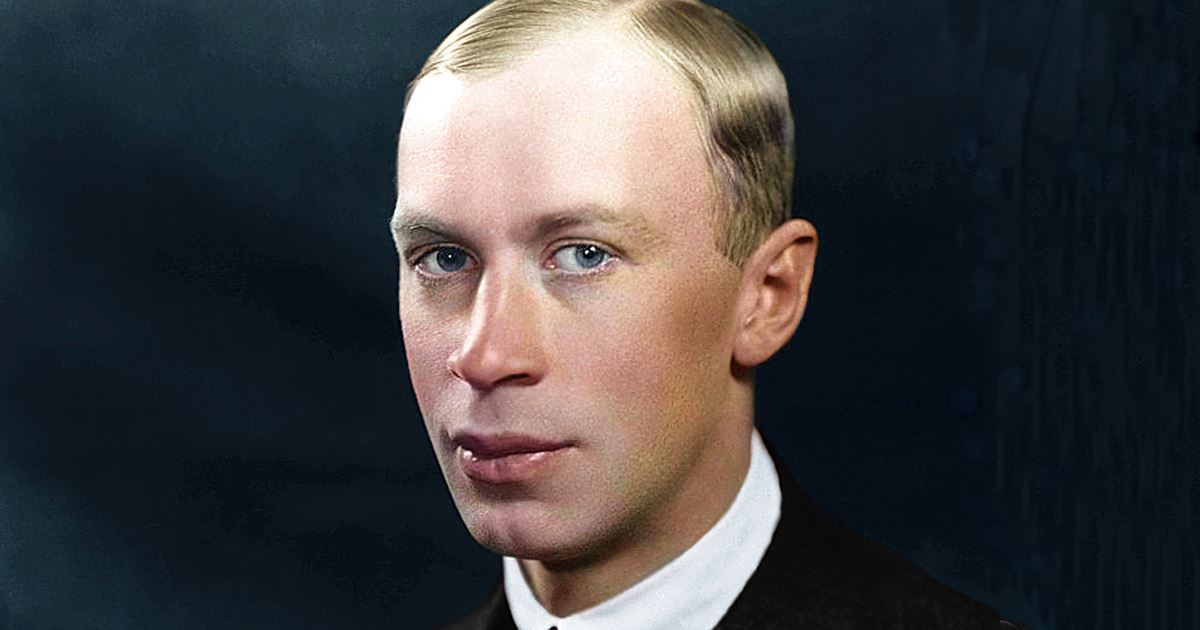Leonard Bernstein (1918-1990) was an iconic American composer, conductor, and pianist whose influence on the world of classical and contemporary music remains profound. Born on August 25, 1918, in Lawrence, Massachusetts, Bernstein displayed exceptional musical talent from an early age. He began playing the piano at ten and later attended the prestigious Boston Latin School, where he continued to hone his musical skills.
In 1935, Bernstein entered Harvard University, where he studied music with Walter Piston and pursued his passion for conducting. His prodigious talent quickly caught the attention of influential figures in the music world. In 1940, he attended the Berkshire Music Center at Tanglewood, where he studied under the renowned conductor Serge Koussevitzky.
Georges Bizet, born on October 25, 1838, in Paris, France, was a brilliant and influential composer of the Romantic era. His full name was Alexandre-César-Léopold Bizet, and he displayed exceptional musical talent from a young age. Despite his relatively short life, Bizet's compositions, particularly his operas, have left an enduring legacy in the world of classical music.
Bizet's musical education began at the Paris Conservatoire, where he studied piano and composition. His early compositions showed promise, and he won the prestigious Prix de Rome in 1857, which allowed him to spend several years in Italy, immersing himself in the rich cultural and musical traditions of the region. This experience greatly influenced his musical style and gave him a broader perspective on composition.
Claude Debussy (1862-1918) stands as one of the most influential and innovative composers of the late 19th and early 20th centuries, contributing significantly to the Impressionist movement in music. Born on August 22, 1862, in Saint-Germain-en-Laye, France, Debussy demonstrated an early aptitude for music. At the age of seven, he began studying piano at the Paris Conservatoire, where he would later become a student of prominent composers like Ernest Guiraud and Émile Durand.
Debussy's early exposure to the works of Richard Wagner and the Russian composers, particularly Modest Mussorgsky, left a lasting impression on him, fueling his desire to explore new harmonic possibilities and break away from traditional musical forms. Despite his avant-garde inclinations, Debussy faced initial resistance from the conservative Parisian musical establishment.
Gustav Mahler, a towering figure in late 19th and early 20th-century classical music, was born on July 7, 1860, in Kalischt, Bohemia (now Kaliště, Czech Republic). He was the second of fourteen children in a Jewish family, and his early exposure to music came from his parents, who recognized his prodigious talent. At the age of four, Mahler began piano lessons, showcasing an innate musical ability that would shape his future.
Mahler's formal education in music commenced at the Vienna Conservatory in 1875, where he excelled in composition and piano. He struggled with poverty during this period but persevered, earning a conductor's post in the provincial town of Bad Hall. His career gained momentum when he secured positions in prestigious theaters in Laibach (now Ljubljana, Slovenia) and Olomouc, showcasing his aptitude for conducting.
Christoph Willibald Gluck (1714–1787) was a German composer of the Classical era, renowned for his significant contributions to opera reform. Born on July 2, 1714, in Erasbach, Upper Palatinate, in the Holy Roman Empire, Gluck displayed musical talent at an early age. His early education in music began under the guidance of his uncle, who recognized and nurtured his nephew's budding abilities.
In his youth, Gluck studied composition and violin at the Jesuit seminary in nearby Bohemia. His education continued in Milan, where he deepened his knowledge of opera. His early operas, composed in the Italian style, gained attention for their melodic beauty and dramatic expression.
Heinrich Schütz (1585-1672) was a German composer widely regarded as one of the most important figures in the development of Baroque music. Here are 10 facts about this influential composer:
Early Life and Education:
Heinrich Schütz was born on October 8, 1585, in Köstritz, Electorate of Saxony (now in Germany). He came from a family of town musicians, which influenced his early exposure to music.
Modest Mussorgsky, a prominent Russian composer of the 19th century, left an indelible mark on the world of classical music. Known for his innovative and distinctive style, Mussorgsky's compositions, particularly those in the nationalist vein, have earned him a lasting place in the canon of great composers. Here are 10 interesting facts about this musical luminary:
1. Nationalistic Themes: Mussorgsky was a key figure in the Russian nationalist movement in music. He sought to create a distinctively Russian musical identity, drawing inspiration from folk tunes, legends, and historical events.
Max Bruch (1838–1920) was a German composer and conductor, celebrated for his contributions to the Romantic era of classical music. Born on January 6, 1838, in Cologne, Bruch displayed an early aptitude for music, receiving his first violin lessons from his mother at the age of seven. Recognizing his talent, his parents enrolled him in the Cologne Conservatory, where he studied violin under Friedrich Wilhelm David and composition under Ferdinand Hiller.
Bruch's early career was marked by his proficiency as a violinist, and he even worked as a conductor in various German cities. However, it was his compositions that ultimately secured his legacy. One of his early successes was the "First Violin Concerto in G minor, Op. 26," completed in 1866. This work, widely regarded as one of his masterpieces, showcased Bruch's ability to combine technical virtuosity with expressive lyricism, earning him acclaim across Europe.
Sergei Prokofiev was a Russian composer, pianist, and conductor who left an indelible mark on the world of classical music. Here are 10 interesting facts about this talented and innovative musician:
1. Sergei Prokofiev was born on April 23, 1891, in Sontsovka, Ukraine. He displayed remarkable musical talent from a very young age, learning piano from his mother and composing his first opera at the age of nine.
